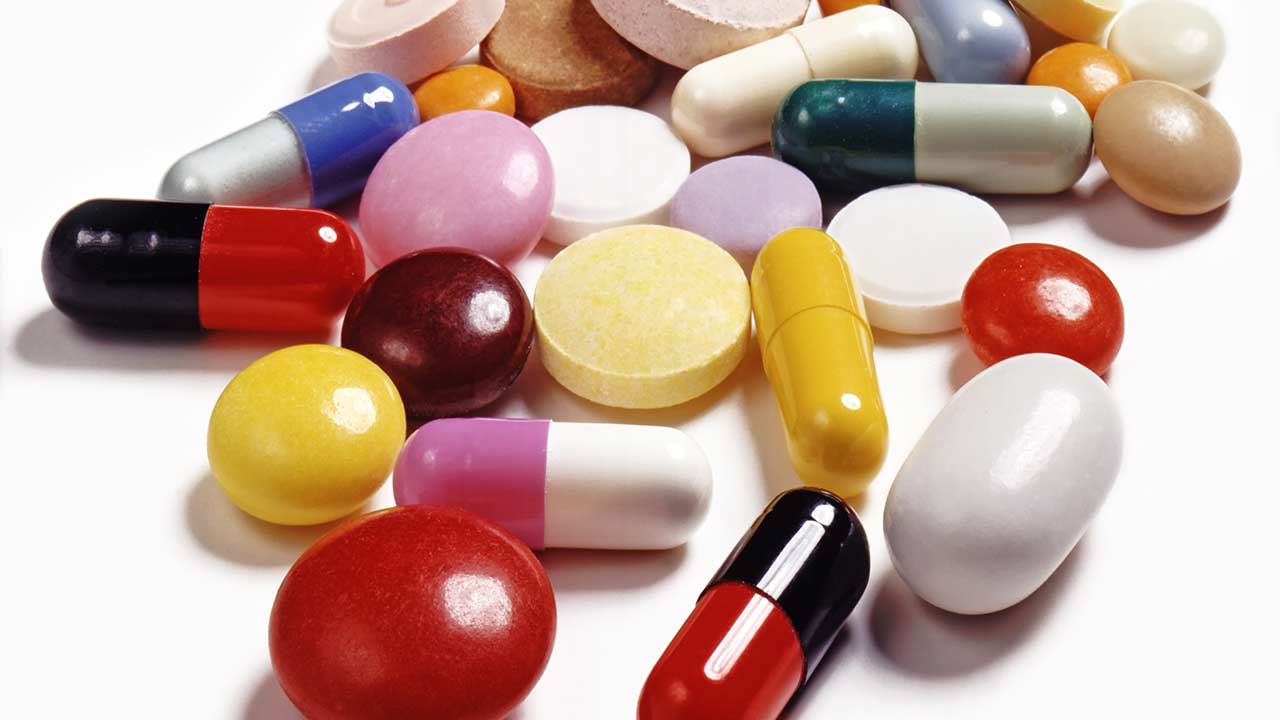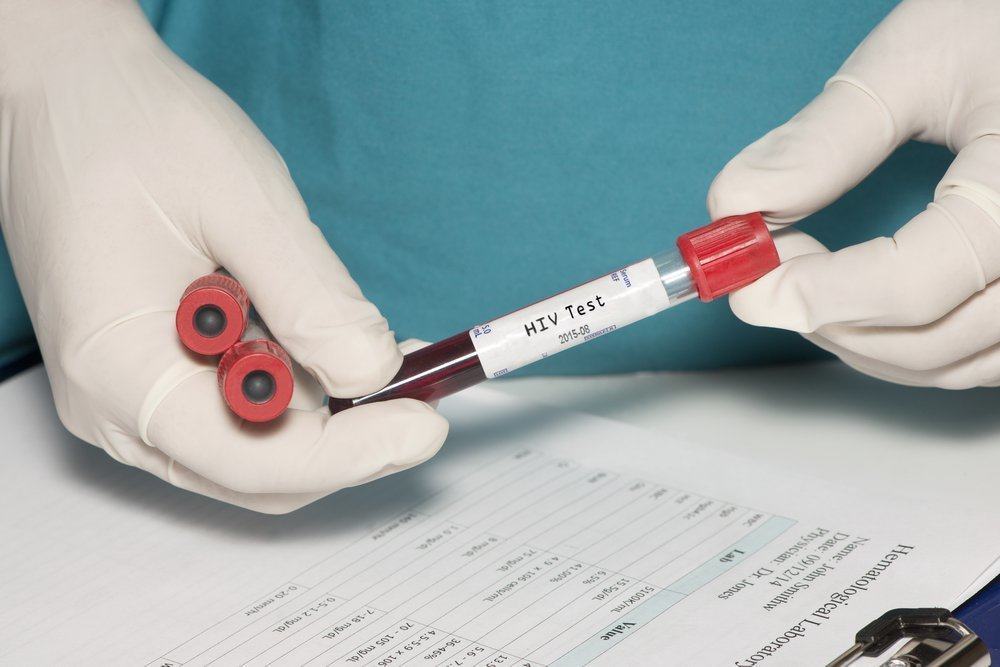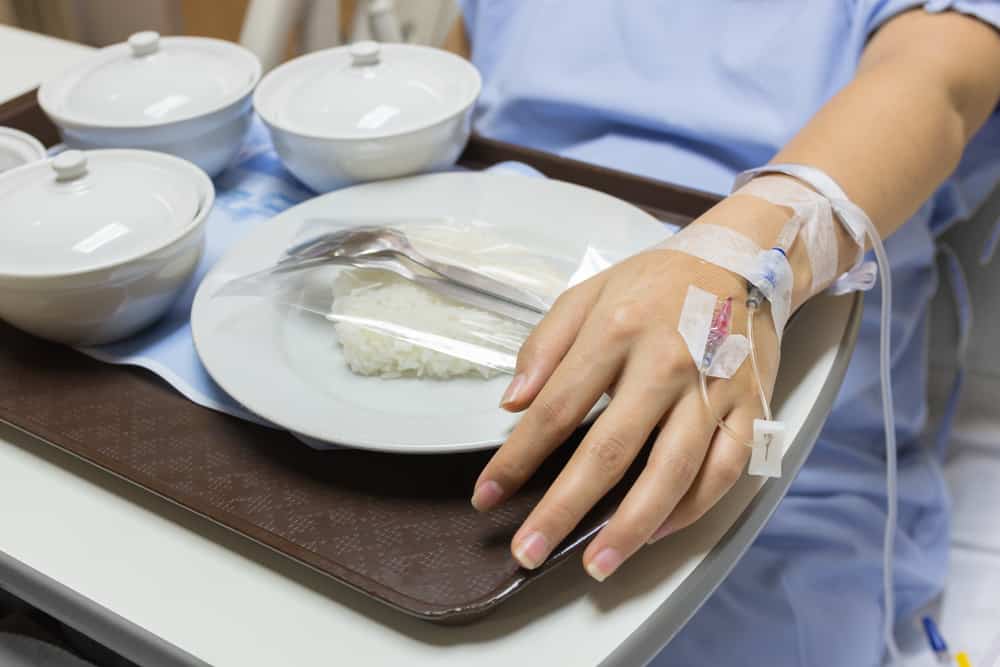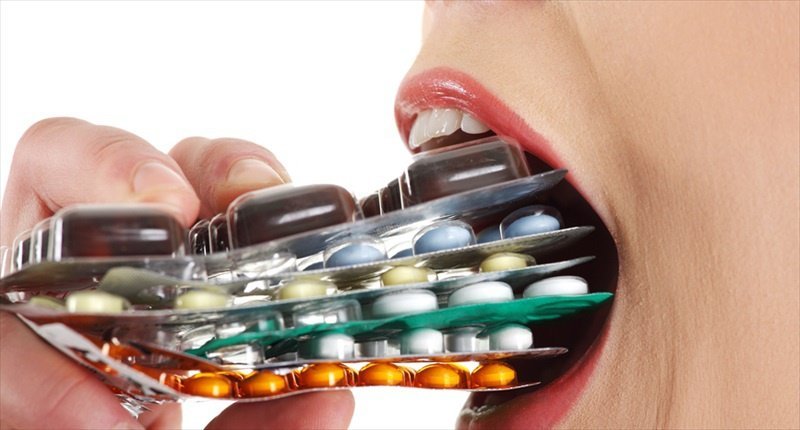Contents:
Medical Video: Infections Trigger Heart Attacks
Did you know that infection might increase your risk of stroke? In all ages of children, adults and the elderly, there is an increased risk of stroke within a month after infection.
Find out the important steps you can take to maintain your health and your children and to reduce the risk of stroke after infection.
What types of infections can increase the risk of stroke?
Children can experience a stroke after infection with meningitis or encephalitis, which is an infection in the brain or around the brain. Children can also experience strokes after sepsis, which is a serious infection in the bloodstream. Meningitis, encephalitis, and sepsis are rare types of severe infections that tend to occur in people with weakened immune systems.
But, surprisingly, minor infections such as chickenpox or even the common cold can increase the risk of stroke in children.
Adults can experience an increased risk of stroke after an attack of pneumonia, which is a lung infection, usually requiring hospitalization. Herpes Zoster, which is a smallpox virus, can also increase the risk of stroke in adults, not just children. HIV infection has been linked to an increased risk of stroke. Most sexually transmitted diseases, such as syphilis and herpes, can also increase the risk of stroke. Tropical infections and unusual parasites are also noted to increase the risk of stroke, sometimes drastically.
What can I do to prevent it?
Immunization
Getting immunizations in accordance with the guidelines recommended by the Centers for Disease Control is the most effective way to avoid this infection. The annual influenza vaccine also helps prevent severe types of influenza infection. Interestingly, influenza immunization has been associated with a reduced risk of stroke.
Prevent the spread of germs
One of the easy things you can do every day to prevent infection and reduce the risk of stroke is to prevent yourself from coming into direct contact with germs that can cause infection.
Both children and adults will benefit from regular hand washing, which is the most effective way to stop the spread of infection. Washing your food properly can protect you from stomach infections. Balancing nutrition, including various vitamins and minerals, can maintain a strong immune system. When you control stress and mood disorders such as depression, it also helps you maintain optimal immune system function.
Safe sex is an important step in protecting yourself from sexually transmitted diseases, infections that easily spread through the bloodstream and increase the risk of stroke.
Why is there a connection between infection and stroke?
The reason there is an increased risk of stroke during and after infection is because the infection changes your body's psychological activities while working against this disease. Often, your blood clotting function becomes overactive in dealing with infections. At the same time, dehydration can interfere with blood flow regularly, causing a higher chance of blood clots. In addition, infections can damage blood vessels, making them more irregular and sticky and therefore tend to form blood clots. Your blood pressure may change by increasing blood clot formation, which leads to stroke. Blood sugar levels can be disrupted, and also increase your risk of stroke.
What should I do when I get an infection?
If you get an infection, the highest risk of stroke occurs during the first week, and then the risk of stroke will decrease when the infection heals. There are steps you can take to protect yourself. The best way you can do when getting an infection is to get enough rest so you can get well, and drink moderate amounts of non-caffeine fluids throughout the day to prevent yourself from getting dehydrated.












